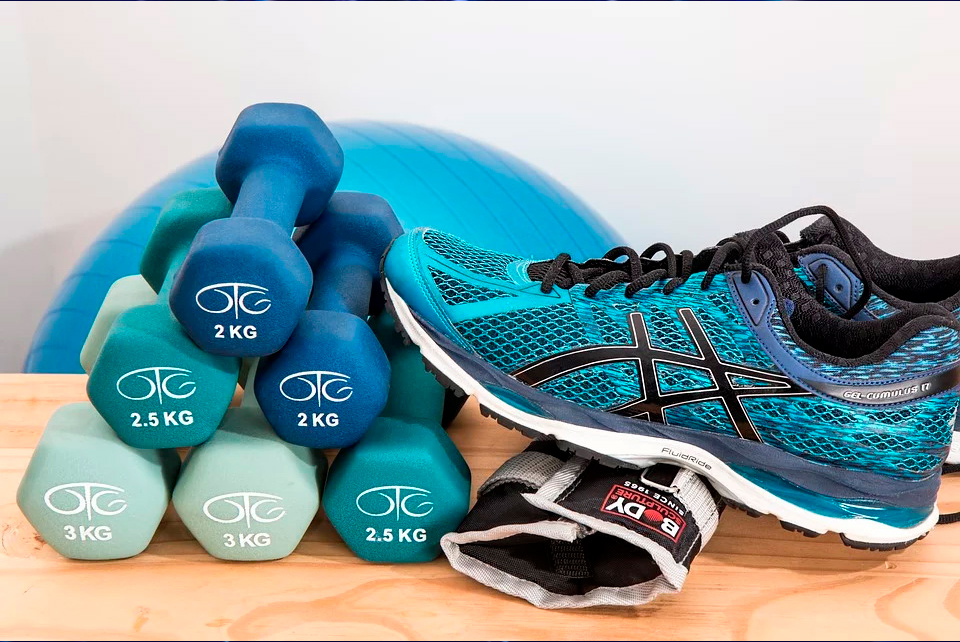Back pain is a common problem which affects 4/5 of us at some point during our lifetime. Check out our back pain facts if you are suffering.
- Back pain is normal
It’s also very common, with 80% of people experiencing an episode of back pain in their lifetime.
After an acute episode of back pain, most people report significant improvements after 2 weeks. After 3 months, 85% of people have made a full recovery. Sometimes, you do need a little helping hand, which is where physiotherapy comes in! - You need to move more
Bed rest is not helpful. In fact prolonged bed rest is actually linked to higher levels of pain, greater disability, poorer recovery and longer absence from work.
In the first few days, after an acute episode of back pain, avoiding certain activities is recommended. But there is strong evidence to suggest that keeping active, and returning to work and exercise, will help with your recovery.
Getting advice from one of our physiotherapists will help to make sure you are doing the right type of exercise and get you back to you normal routine as soon as possible.
- Scans aren’t always helpful
Often people think that they need a scan to find out exactly what is going on. However, the evidence suggests that scans only show up something important in 5% of people with back pain. In fact, studies have shown that even people who DON’T have back pain have things like bulging discs (52% of people), degenerated or black discs (90%), herniated discs (28%) and ‘arthritic’ changes visible (38%). Many of these things are just an indication of ageing and genetics and do not have to be painful.
After an assessment with your health professional (e.g. GP, physiotherapist), they will be able to advise whether a scan is really needed. - Surgery is rarely the answer
Only a small percentage of people with back pain require surgery. On average, the results for spinal surgery are no better in the medium and long-term than non-surgical interventions, such as exercise and physiotherapy. - The perfect posture may not exist
For years we’ve been told to “sit or stand up straight”. However, there is no evidence to suggest that this will prevent or cure back pain. Sitting or standing in any posture for a long time is likely to cause some discomfort in your back. The best thing to do is to learn to change position often and move in a more confident and relaxed manner. - Your mood can influence your back pain
Stress, low mood and anxiety can all contribute to back pain. Back pain is often triggered after a stressful event. Therefore, managing your mood by doing things that you enjoy and partaking in relaxation can help reduced your back pain.




